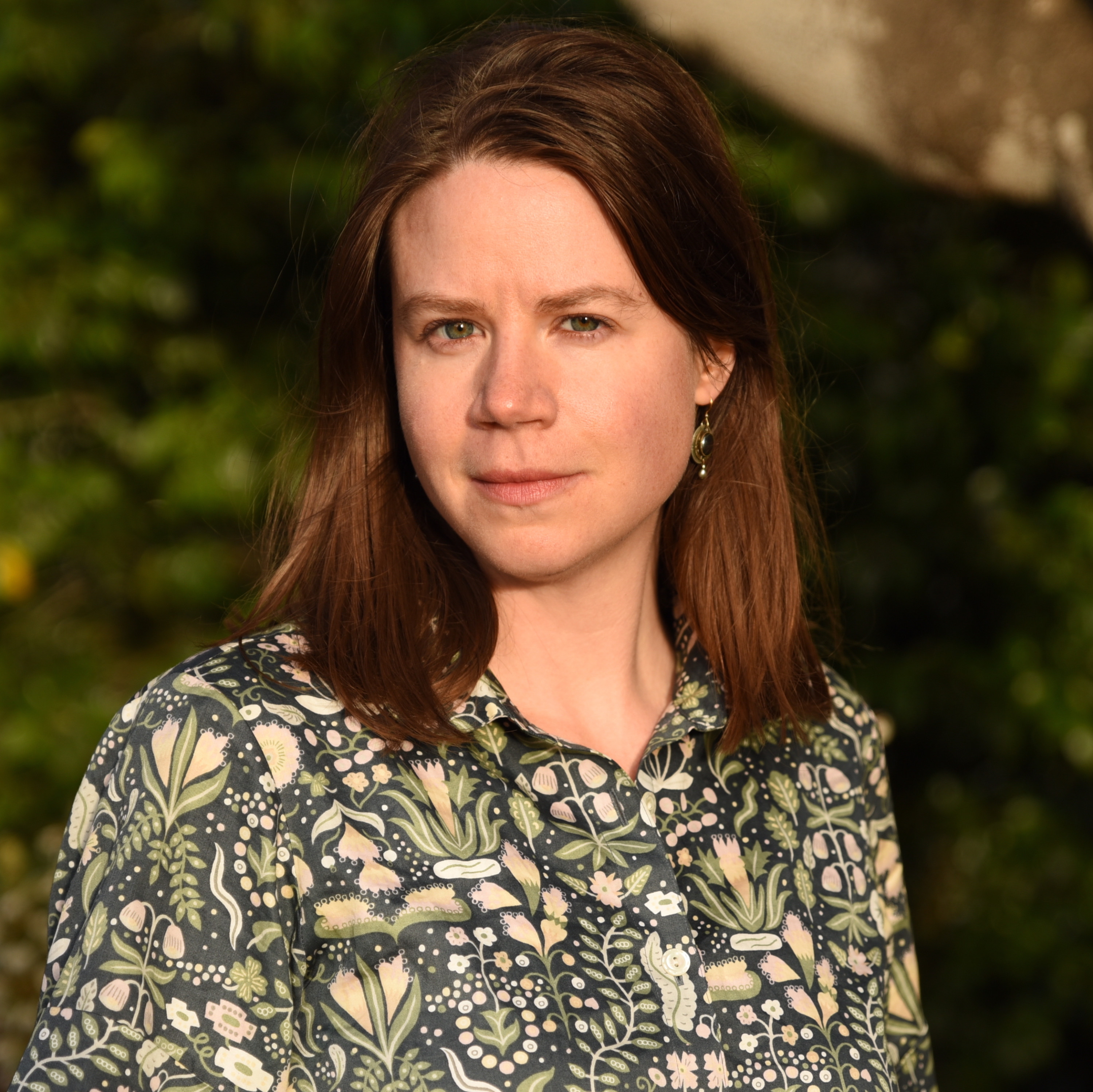
Visiting Assistant Professor of Russian
B.A., Bryn Mawr College; M.A., Middlebury College; Ph.D. & M.A., Princeton University
Gailor 220/ext. 1367
Elena Susanna Weygandt analyzes and documents performance theories indigenous to Russia and East Europe that have not yet been documented. She draws on methods of interview and ethnography as well as digital display in her research on contemporary topics. In her soon-to-be published book with the University of Wisconsin Press, From Metaphor to Direct Speech: Drama and Performance Theory in Contemporary Russia, she identifies the main writers and performance theories of the vibrant movement, Novaia Drama, and situates this pioneering literature in the contemporary Russian literary canon, the Performance Studies field, and within Post-Soviet studies. The New Dramatists assert that it is precisely in the theatre, with its inherent form of critique and reflection provided by the stage, where the contemporary moment of the present can be held at arm's length away, which creates enough of a distance from the present for a historical perspective about it to emerge. This research has shaped her into a scholar and teacher of visual language, the body, feminist art, gender, exhibition on digital platforms, and all genres of documentary and realism in Russian and East European literature. Her publications on these topics of cultural history in Russia and East Europe from 1953 to the present appear in The Russian Review, Studies in Russian and Soviet Cinema, TDR: The Drama Review, Apparatus: Film, Media, and Digital Cultures in Central and Eastern Europe, and in a co-edited anthology published by Columbia UP. She received her training in Slavic Languages and Literatures from Princeton (PhD 2015; Graduate Certificate in History of Science 2015). At Sewanee: The University of the South she teaches all levels of Russian in the Russian Department and her joint affiliation in the Humanities Program.
Her second book focuses on how three women artists approach the paradoxical topic of documentary art through their oeuvre: Russia's first woman documentary film-maker, Esfir Shub, who created her own approach to the documentary that broke from her teacher, Sergei Eisenstein, and the late-Soviet novels of Svetlana Aleksievich and post-Soviet novels of Alisa Ganaeva, which are based on interviews with people, mostly women, who have lived through cataclysmic events in Belarus, Russia, and Dagestan.
To learn of all her publications and more, read the full CV of Dr. Elena Susanna Weygandt

